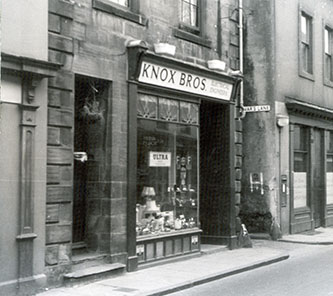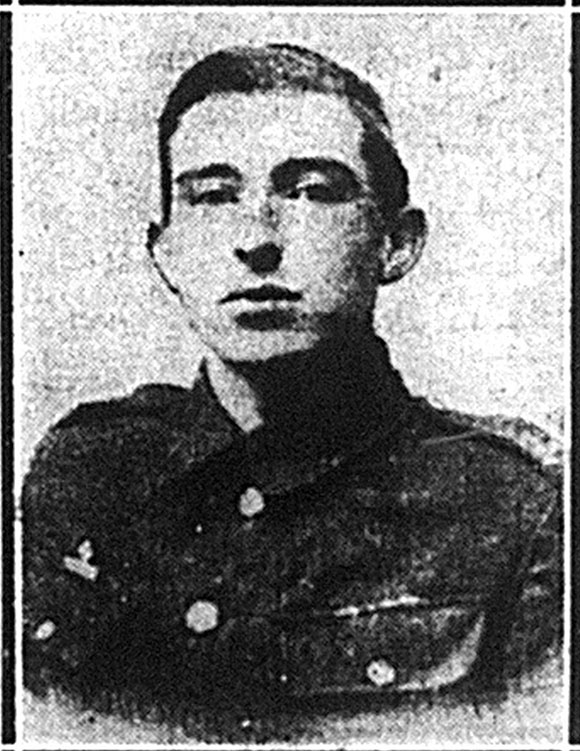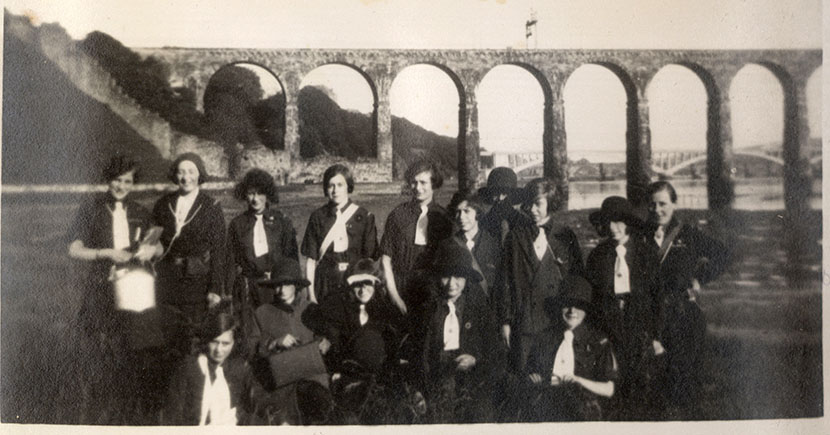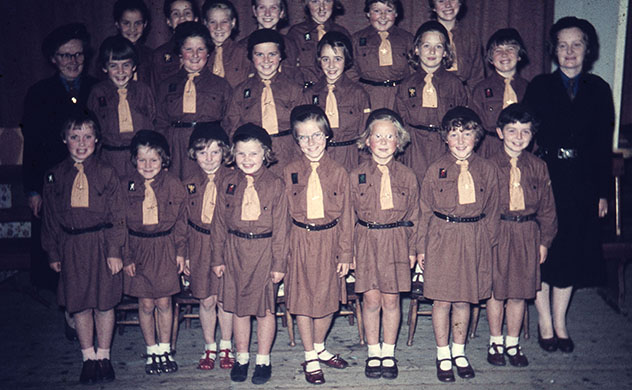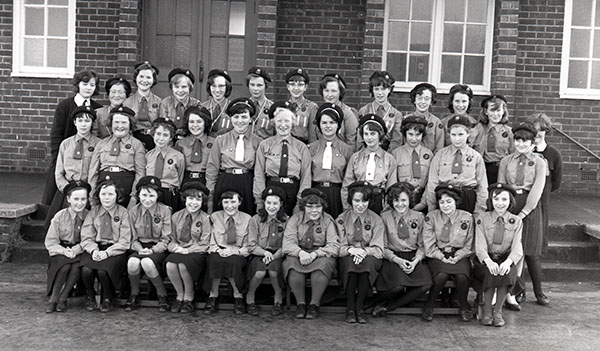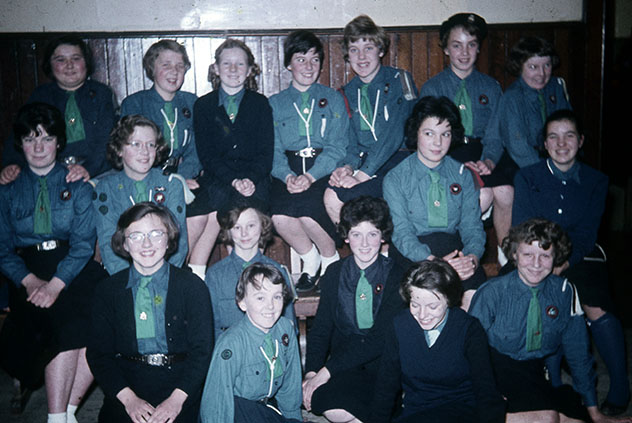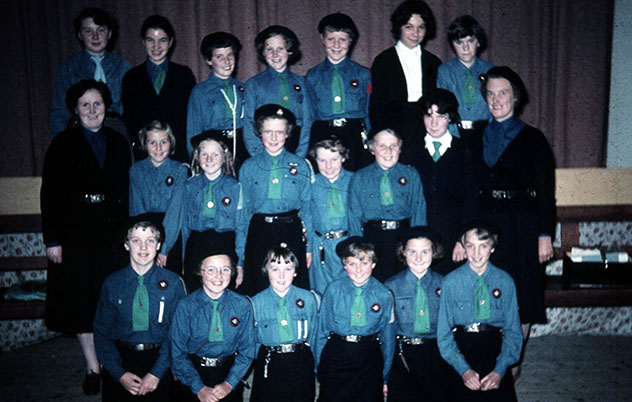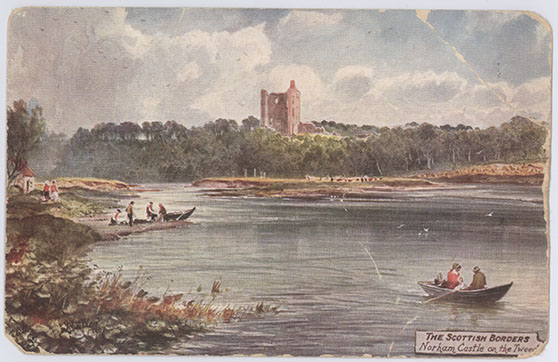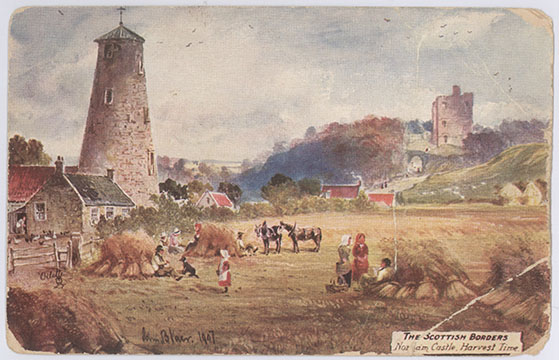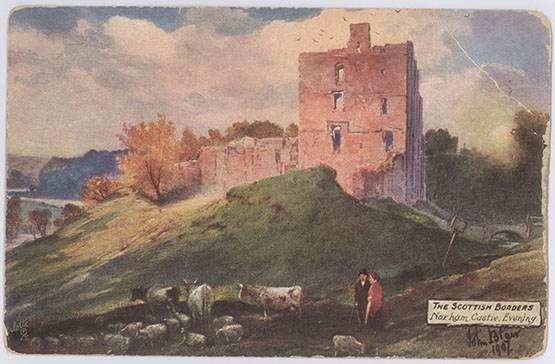BORDER MEN AND THEIR BUSINESSES
Berwick Journal and North Northumberland New Special Series
MESSRS KNOX BROS., ELECTRICIANS, BERWICK
“Light, and yet more Light!” That is the cry in these modern times. People cannot get too much of it – some dearly love the dazzling glare of the spot light – but the poor, old out-of-dater, and others, who lived the simple life in far off by-ways, still stumble and stave their toes in the darkness.
But there is a good time a-coming for these dear folks. No more need they nurse their knees in the dim light of the ingle neuk, or pore over the prophets and proverbs of the auld, auld book by the flickering blink of a smoky, ill-smelling, greasy oil lamp or the uncertain glow of the tallow dip. There’s a good time coming, John! Messrs, the Patent Lighting Co., Ltd., New Broad Street, London, have invented and put on the market, a new electric lighting plant, which can be rigged up quite handy in the back yard, and provide ample light for 20 to 30 watt Electric Lamps.
These are great days of progress! One could not have credited such a thing, even a few years ago, but there it is! A few miles from the centre of old Berwick town, just a step beyond the bounds at Canty’s, Mr Robert H. Knox, of Knox Bros., Electrical Engineers, Bridge Street, Berwick, demonstrated this most clearly. Mr Knox is the sale agent for the North of England and the South of Scotland for the Patent Lighting Co. He has had installed in a small bungalow on the banks of the Whitadder a standard electric lighting plant for demonstrating purposes to possible clients.
The main features of this plant are simple, in fact, they are actually, what one might describe as “fool proof.” The owner of the installation needs no mechanical knowledge, whatever the generating system, like the humble bee, gathers its electric current in a simple automatic way. A standard, made of special, hard creosotic wood, about 16 feet high, is firmly planted in the ground, and supported by four strong steel “guys” to the ground. On the top of the standard is the dynamo, attached to which is a propeller, consisting of two blades, fashioned, from 3 ply mahogany, like the propeller of an airplane. These blades are about 3ft. square, and the span is about 8ft. Everything connected with the propeller is worked on the ball-bearing principle so that all that is required is a little grease, now and then, to keep them running.
Fitted to the propeller is a “governor”-vane. Like most governors we know, this governor takes care, when one gets the “wind up” rather nasty, that no pranks can be played by the propeller. When the wind rises to a speed of over 25 miles an hour, the vane is automatically thrown over and turns the blades of the propeller so that they are edge on to the wind. This allows the dynamo to work at a nominal speed.
The dynamo which works on a bevelled gear begins to generate on a wind of from 5 to 7 miles per hour – just the slightest of puffs. The dynamo is connected by wires to a Ventimotor Switchboard. This is an important part of the outfit. It is nicely proportioned and takes up little room, yet it is strongly made of iron and so securely fastened that inquisitive, little fingers could not tamper with it. The voltage is shown in a simple manner by colour bands, the white band showing when fully charged (30 volts). When the dynamo is out of action there is an automatic “cut off” which prevents the electric current, generated in the batteries, from flowing back to the dynamo. Thus, while preventing any mischance to the dynamo, it also provides a store of current for a windless day.
The batteries (12 cells) are also constructed on a simple plane. There is no occasion for testing with volt meters. Each cell has a gravity ball, showing clearly the state of the battery. These batteries are guaranteed a storage sufficient to supply a lighting system from 8 to 10 days with recharging. As there is scarcely a day passes without a capfull of wind, there seems to be no doubt of an ample lighting system. Calm days moreover generally occur when the light of day is in its plenitude.
The cost of these plants is estimated to be about £140. This outlay covers all the initial cost, and, thereafter, the upkeep is a mere bagatelle – a matter of a handful of grease each month. The lamps used are the ordinary 30 candle power type which with an appropriate reflector, has sufficient power to light a large room. Larger plants can be supplied, if necessary, but this stock size is more than ample for the farmer’s needs.
MR ROBERT H. KNOX
Mr Robert H. Knox, the sole partner now of Knox Bros., is a young Berwick man, who gives promise of going far in the electrical trade still at the dawning stage. Educated at Berwick Grammar School, Mr Knox in his school days showed a proclivity for football, favouring the carrying code. He, however, had little time to spend on Britain’s playing fields. Of a mechanical bent, he served his apprenticeship with the Berwick and District Electrical Supply Co.
Like so many more of our young lads, Mr Knox saw active service in the Great War. He was in the very thick of the fighting and came through many a ghastly carnage. Enlisting into the Machine Gun Corps, he was a unit in that desperate fight at Delville Wood on the Somme River. What a carnage was there! It was a death trap! Out of the whole company that went into that fight, only 17 survived the day. Robert Knox was one of those, shall we say, lucky ones, who came through. But he did not come scatheless. He found himself transported to hospital in the south of England. There was more adventure awaiting this Berwick lad. He was transferred, after recovery, to the Tank Corps in 1916. In 1917 he was back once more in the holocaust, this time at Cambrai. In November 1917, came that stupendous feat of arms, which spell bound the nations of the world. The “impregnable” Hindenburgh Line was battered and broken through by the attack of the “Tanks”. Mr Knox took part in that engagement, and in that heroic achievement. What an experience to come through! But Mr Knox does not care to dwell upon that. He says he prefers to forget the war!
Returning to civil life again, he completed his electrical training with the Supply Co. at Berwick. But he had still to adventure in life, this time in business life. He started the business of an electrical engineer in partnership with his brother Douglas, as Knox Brothers in Bridge Street, Berwick, in March 1921. The partnership was split, however, two years ago, his brother going into the motor trade in London. Mr Knox is now sole partner and has gradually developed the business to its present high state of utility. He specialises in lighting, heating, and power electric plants, and at present, he has the contract for the installation of the electric light plant in the buildings of the Liverpool and Martin Bank in Hide Hill, Berwick, which are under reconstruction. Mr Knox is the official agent in the North of England for the C. A. V. Coy., Ltd., Acton, London, and, in his works, repairs C. A.V. batteries and fits new plates. He makes a feature of the equipment of Wireless sets of all kinds, and being an expert in that branch of electricity, the novitiate in the “listening in “pastimes is in safe hands when he trusts Mr Knox for his crystal or valve set. Mr Knox will only rest content when he has positive proof that the best possible results are obtained. In his premises is an experimenting wireless call station – official call No. 5IP – on which he makes frequent tests for wave lengths, etc. A tireless worker – from early dawn to dewy eve – he is ever at the beck and call of them he serves. With him the old saw is gospel truth – “It is never TOO LATE to MEND!”


